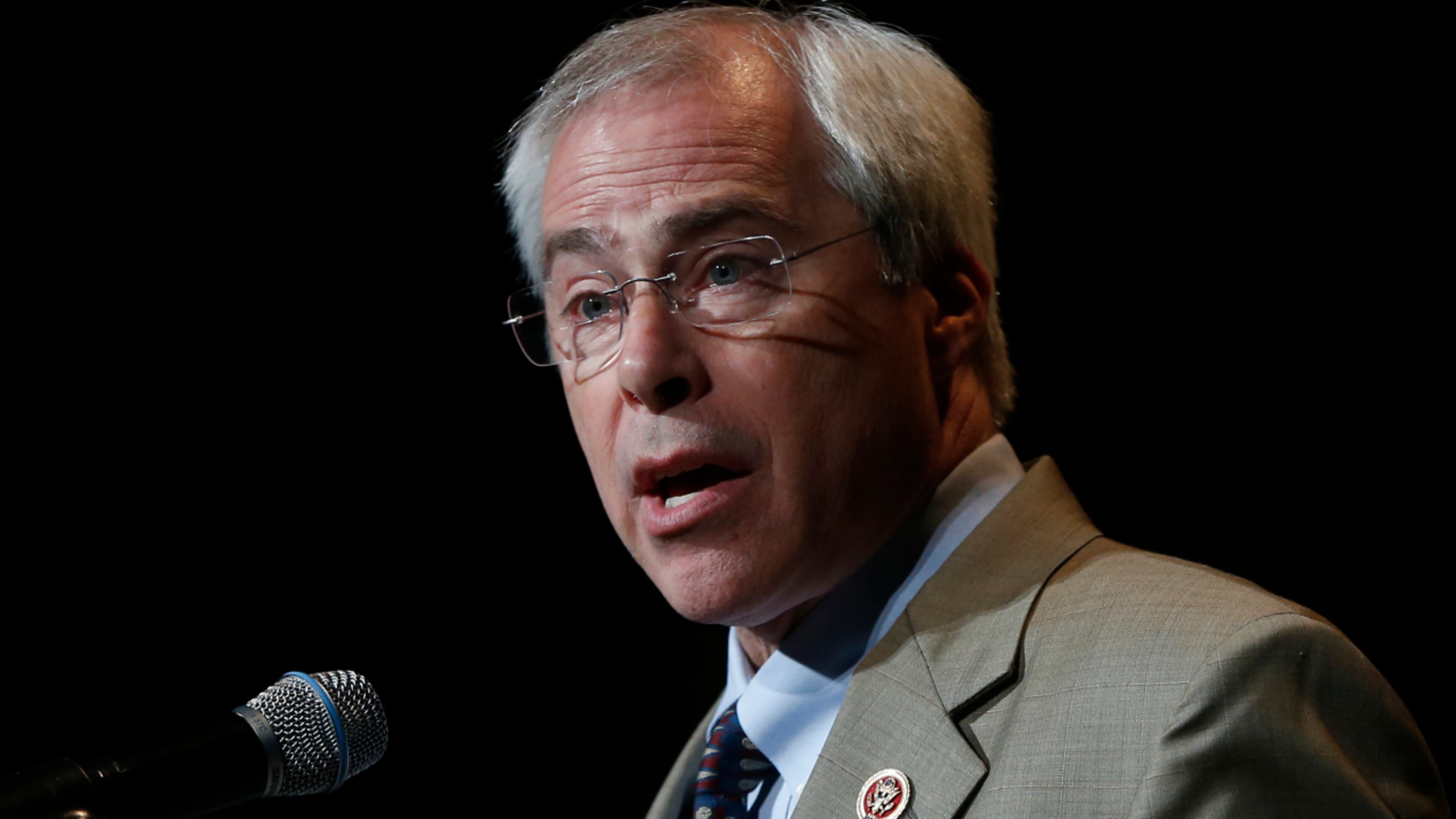Barrow aims for end of as ‘many reliably partisan districts as possible’

Former U.S. Rep. John Barrow, who is running to be Georgia's elections chief, outlined what he called a modest suggestion in The Washington Post: The end of as "many reliably partisan districts as possible."
Once the last white Democrat from the Deep South in the U.S. House, Barrow knows something of the perennial battle over redistricting. Redrawn districts forced Barrow to move from Athens to Savannah to Augusta during his five-term tenure.
He said redrawing congressional lines “so that moderate voters have as much say as partisan voters” is the answer for two reasons. It would prevent both parties from abusing their majorities to enhance their party. And it would give the courts a more attainable legal standard to use to vet the new districts.
Consider what would happen if the courts were to adopt the following rule: Any map that maximizes partisan competitiveness in as many districts as possible — and maximizes partisan competitiveness as much as possible in all the remaining districts — would be presumed to be constitutional. Any map falling short of that standard would be presumed unconstitutional.
Such a map would produce the largest number of districts where there is no partisan advantage whatsoever. In such districts, the nominee of either party would have to compete for and win the support of independent voters. The partisan tilt of the overall population would be reflected in the remainder of districts where the partisan advantage of the dominant party simply cannot be neutralized.
Barrow joined the crowded race to succeed Secretary of State Brian Kemp last week that already features two Democrats and four leading Republicans. Even if he wins the seat, which the GOP has held since 2006, it would be up to the General Assembly and the next governor to redraw the lines.
Barrow acknowledges the high hurdles for his proposal, mostly because lawmakers from both parties in safer districts don’t want to face a crush of new competition. But hundreds of newly competitive seats could jolt a gridlocked Washington, he wrote, and bring more moderates to Congress.
He fancies himself as one of them, and had a long track record of taking on conservative proposals – and upsetting his party’s leaders – until his 2014 defeat. Expect Barrow to speak more about his proposal as he hits the campaign trail – and as the Supreme Court considers a case over partisan gerrymandering.

